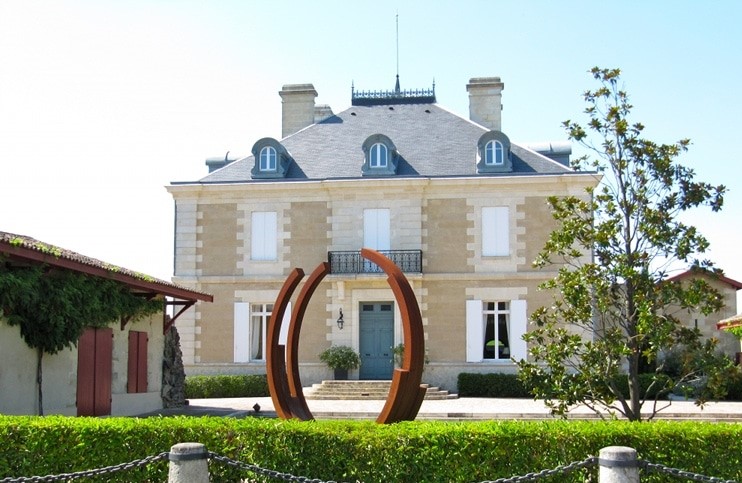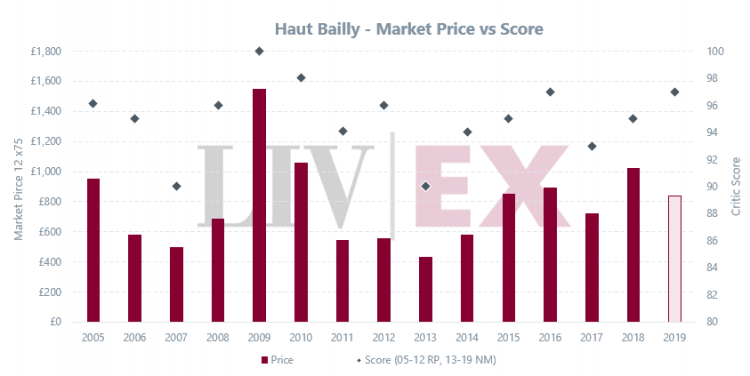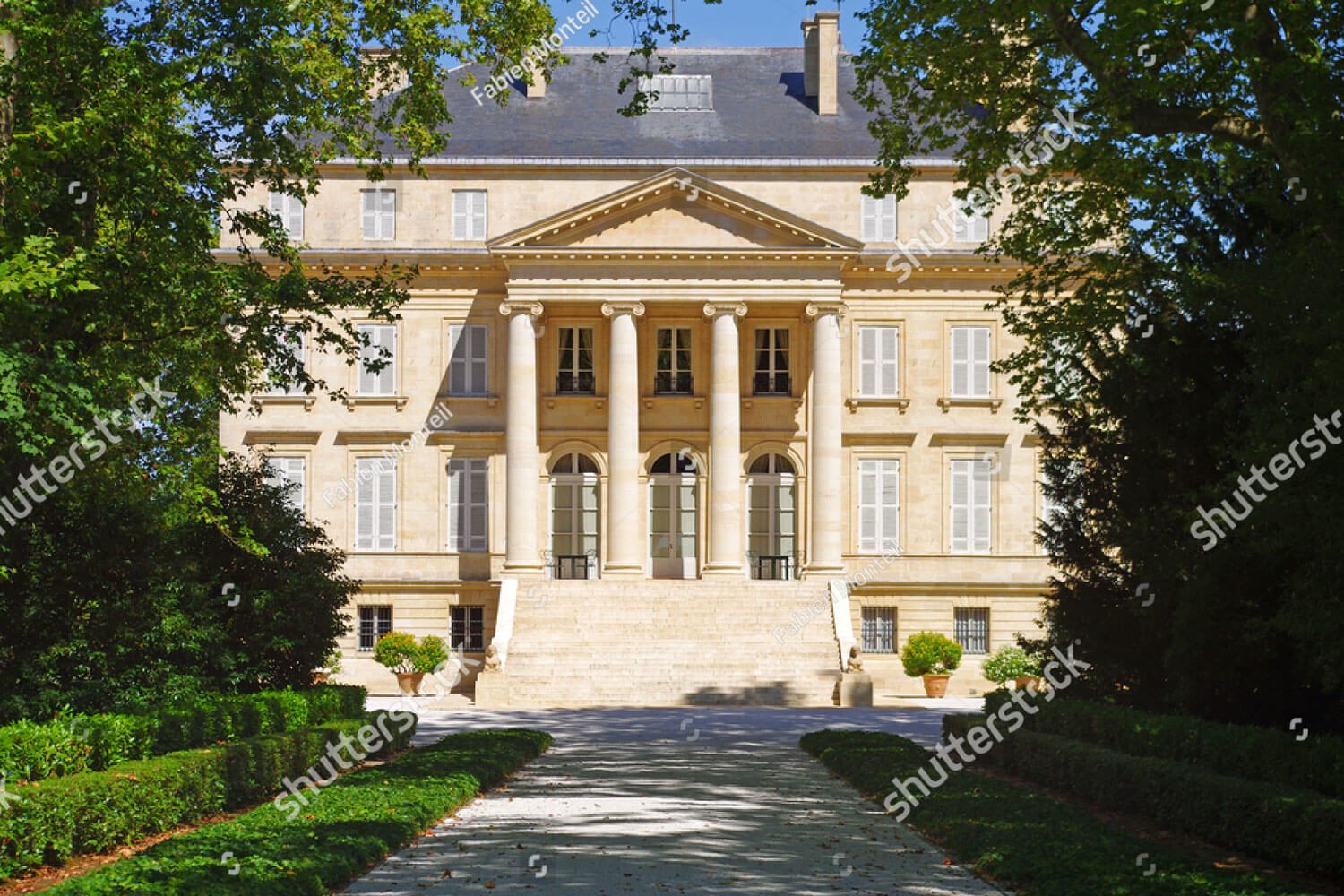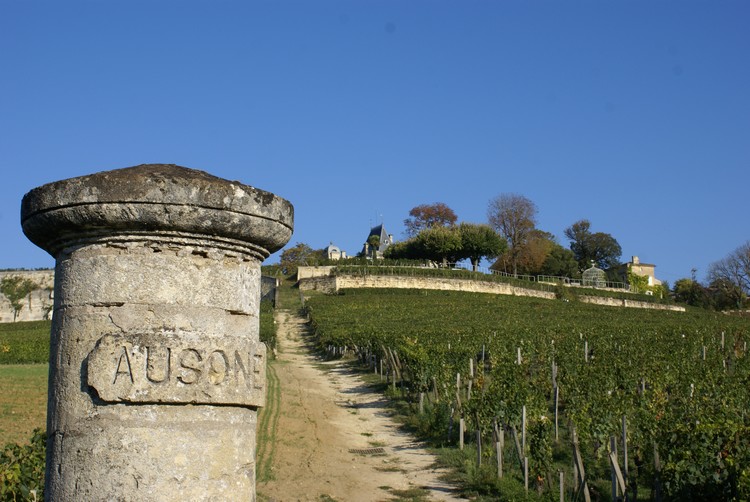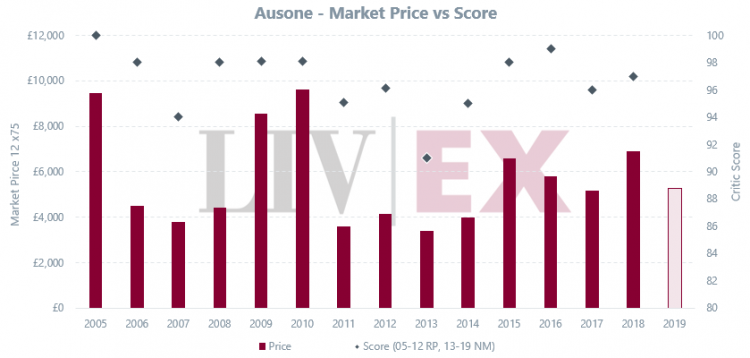Angludet is one of the oldest vineyards of the Médoc and it has been growing vines for more than 300 years. Situated on a plateau of Garonne gravel, its terroir favours the concentration, finesse and elegance of the wine. The vineyard covers 32 hectares of Margaux AOC, with a relatively high proportion of Petit Verdot, which requires a great deal of work, but gives the wine depth and richness. Owned by the Sichel family, that the Waud Family have become very close with today, it produces one of the great Bordeaux wines of today.
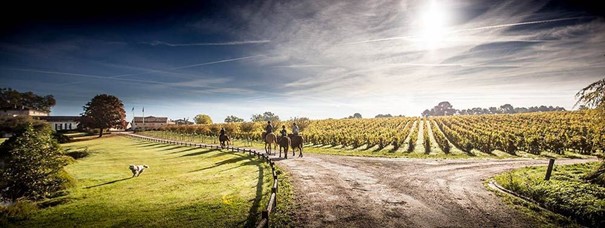
History of the estate:
The estate owes its name to the knight Bertrand d’Angludet, who built his home here in the 12th century. Vines were introduced at the beginning of the 17th century when the Gironde vineyards were extended to the Médoc peninsula.
In 1961, Peter and Diana Sichel fell in love with estate, they decided to live there and make their dream come true: producing an exceptional wine. After several years of hard work, Château Angludet joined the Union of the Bordeaux Grands Crus: a reward for the Sichel family. Still today the children and grandchildren of Peter and Diana live in the estate and continue to work hard in the making of this fabulous wine.
The vineyard:
Château Angludet has a particular and unique expression thanks to its atypical grape varieties.
- Cabernet Sauvignon gives the structure, elegance and richness that are characteristic of ageing wines, while at the same time ensuring their complexity as they age.
- Merlot, an early grape variety that heralds the start of the harvest, adds roundness and charm.
- Petit Verdot, from the estate’s oldest vineyard, underlines the complexity, finesse and character of Angludet wines.
In the early 2000s, Benjamin Sichel decided to work the entire vineyard biodynamically. He replaced chemicals with natural products. Compost, herbal teas, plants and the environment are now his weapons for stimulating the vine’s development and defences.
Biodynamics aims to develop plant, animal, microbial and bacteriological life in all its diversity. The estate is in the process of obtaining the organic and Demeter label.
The wines:
Handpicked the harvest are made at the perfect maturity of the grape. Guided by the special attention of Benjamin Sichel.
The grapes are processed in concrete vats. Each stage aims to express the elegance, delicacy and personality of each vintage.
The wine is matured for 12 months, half in barrels (30% new French oak barrels every year) and half in terracotta amphorae. Ageing in amphorae helps to preserve the purity, frankness and aromatic subtlety of the wine.
‘Character comes from the soil, personality comes from the elements, quality comes from people.’
Peter Sichel
The wines have great ageing potential. When young, the wines are vibrant, energetic and fresh. They gradually evolve into their golden years, full of subtlety and elegance.
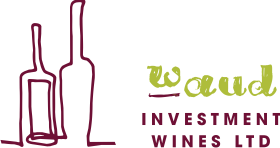
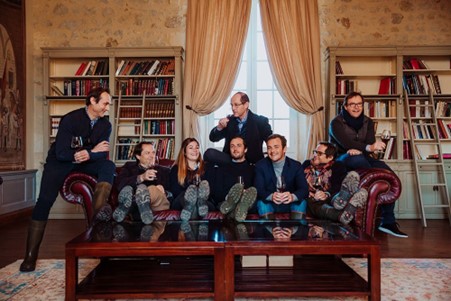
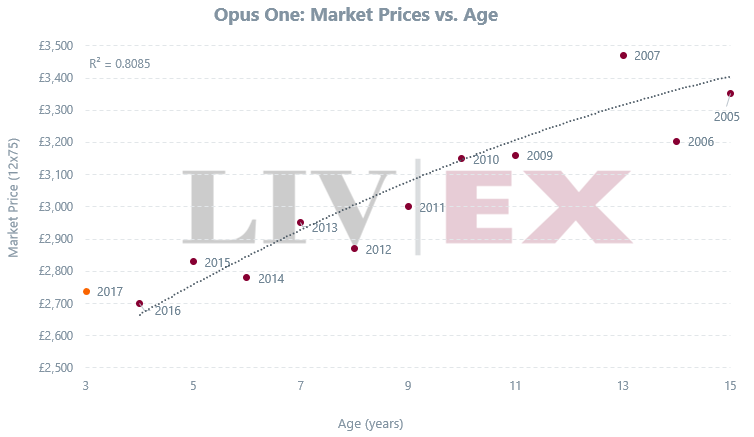
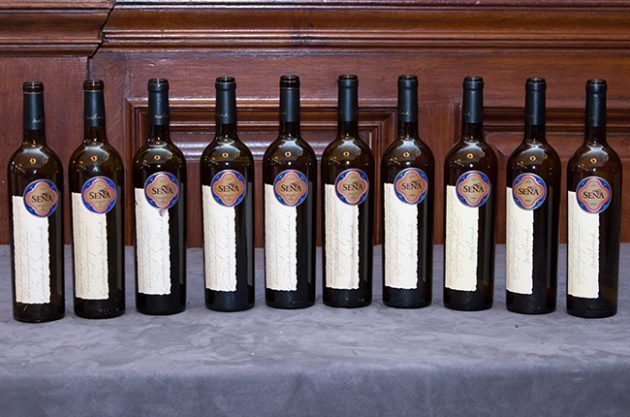

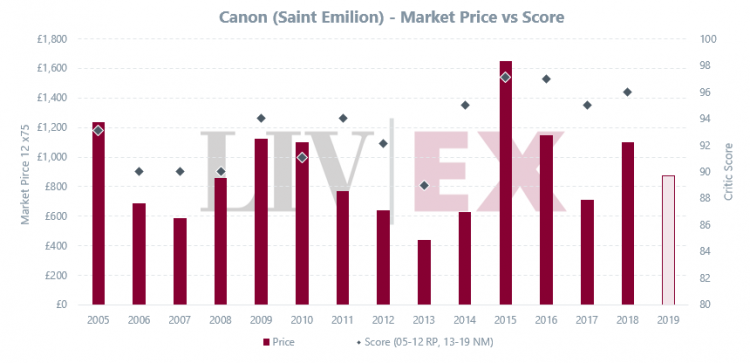
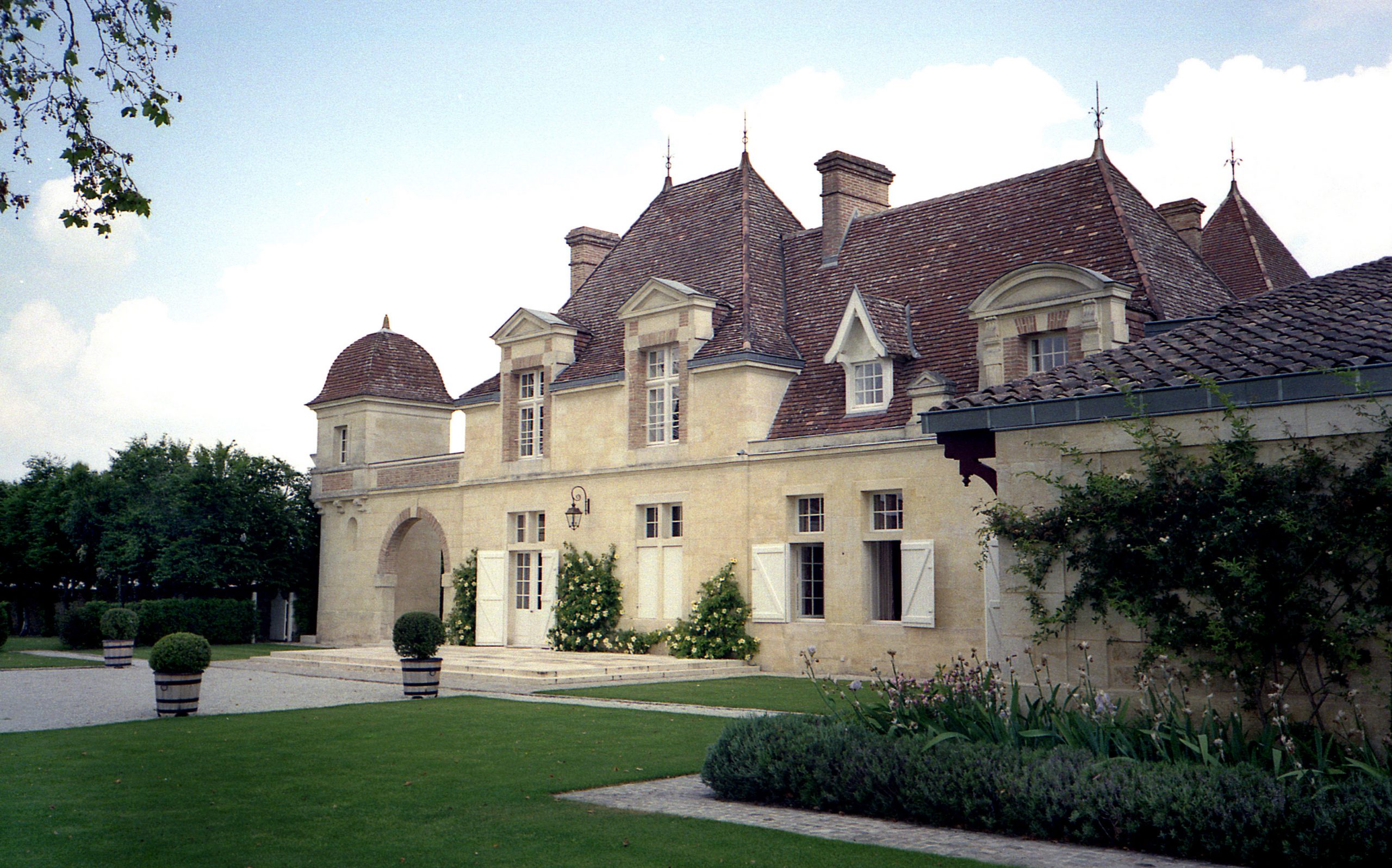
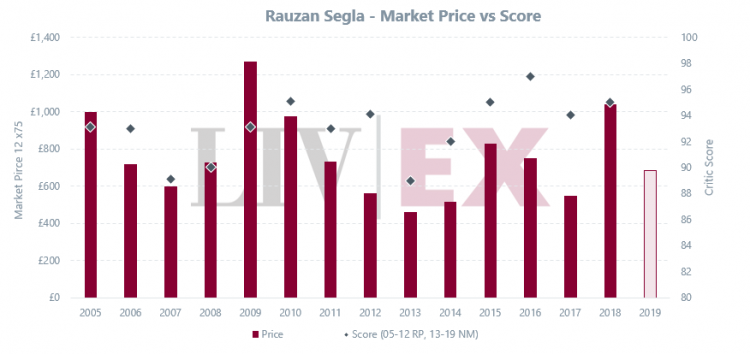
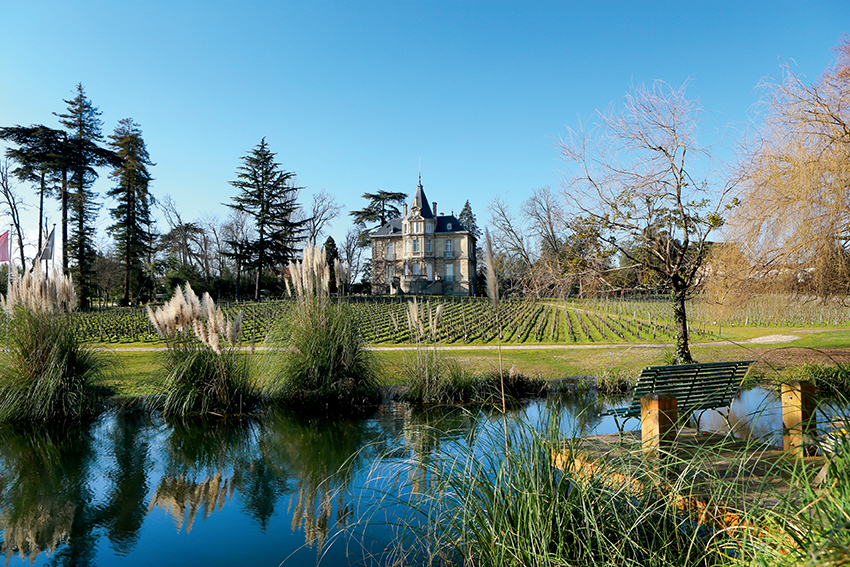
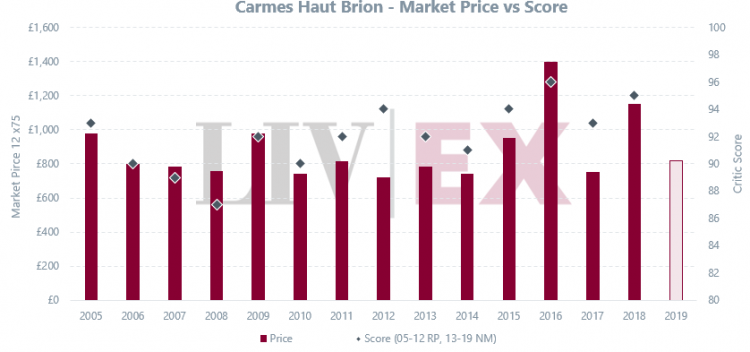 If you are interested in finding out more about investment wine – please contact
If you are interested in finding out more about investment wine – please contact 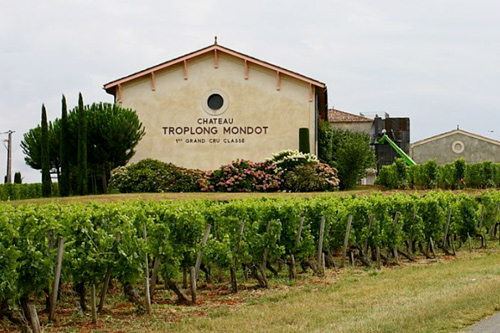
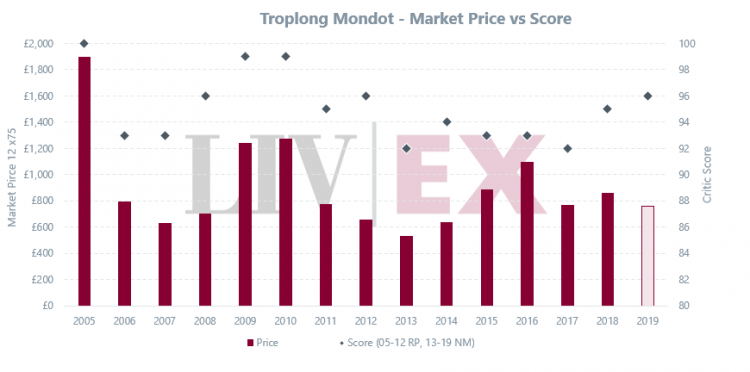 If you are interested in finding out more about investment wine – please contact
If you are interested in finding out more about investment wine – please contact 